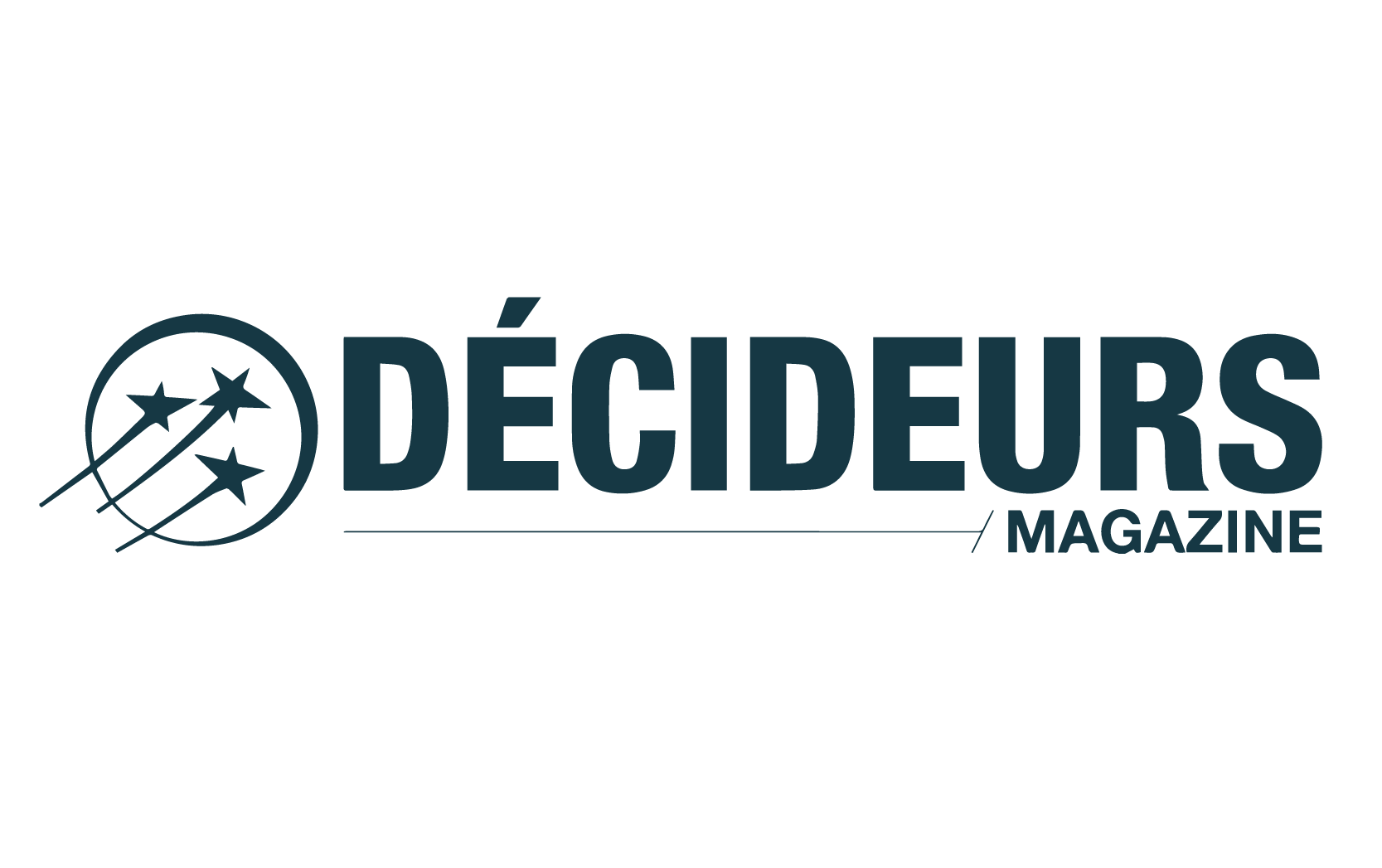Mediation
Mediation is an alternative dispute resolution mechanism that allows for an amicable and swift resolution of the dispute, which is also confidential and cost-effective.
A distinction can be made between contractual mediation and judicial mediation. The first one results from a choice of the parties who decide to find an amicable solution to their dispute. The second takes place in the course of a judicial proceeding, at the judge’s initiative.
In the course of a mediation, a third party is appointed to assist the parties resolving their dispute amicably. However, it is non-judicial: the mediator does not render a decision but brings the parties together to find common grounds.
This settlement will be formalized in a mediation agreement which will identify the parties, recall the underlying facts, contain the various points of agreement between the parties and their undertakings, as well as other necessary clauses such as jurisdiction and applicable law, in case of breach of the agreement, and a confidentiality clause. The mediation agreement can then be certified by a judge in order to be enforced.
Your challenges
Obtaining a swift, cost-effective and satisfactory resolution of the dispute.
Choosing the most appropriate dispute resolution method
It is often better for a company to seek negotiated solutions rather than refer its dispute to a domestic state court or an arbitral tribunal which will have to decide, with relative uncertainty, in favor of one of the parties. In this respect, mediation allows the parties to come together and find a satisfactory solution to their dispute thanks to a procedure that is, in some cases, more efficient, discrete and less adversarial.
Preserve the relationship between the parties
Choosing mediation also preserves the relationship between the parties in the long term, whether commercial or contractual. Indeed, a judicial or arbitral dispute solidifies conflicts and can put an end to business relationships. It can be in the interest of both parties to protect their relationship through mediation. The confidentiality assured by this process is also beneficial to the parties.
Cost and time control
Litigation is often costly. Mediation, which is less cumbersome, alleviates these costs. Mediation also facilitates time-management as compared to litigation, which can last in time. The parties’ willingness to obtain a prompt resolution of their dispute can favor mediation.
Obtaining assistance in the enforcement of the mediation agreement
In France, mediation agreements are not enforceable upon signature. It is necessary to request certification from a judge in order to be able to enforce the agreement if one party does not comply with its obligations. This procedure has been recently simplified and mediation agreements can be enforceable if countersigned by lawyers of the parties and with a court clerk stamp.
Our way
Assistance in protecting your interests and in helping you reaching a mediation agreement.
An essential command of negotiation techniques to meet your needs during mediation procedures and to defend your interests at best
We have extensive experience in negotiated justice at all stages. We intervene both at an early stage during the preparation of the mediation, in the course of the mediation sessions, and afterwards, during the drafting of the mediation agreement and its enforcement.
Assistance in the enforcement of the mediation agreement
We advise and accompany you in the course of judicial proceedings in order to ensure the certification of the mediation agreement, its enforcement or in related litigation in case of breach.
In-depth knowledge of the role of mediator
We also act as mediators (Stéphane de Navacelle is certified by the Centre for Effective Dispute Resolution, “CEDR”). In this capacity, we have a thorough understanding of mediation mechanisms, the mediator’s role and parties’ expectations. We thus facilitate dialogue and negotiations between the parties while trying to bring them towards common solutions. We do not act as a judge or arbitrator but rather guide the discussions to open the minds of the parties and reach innovative arrangements.









